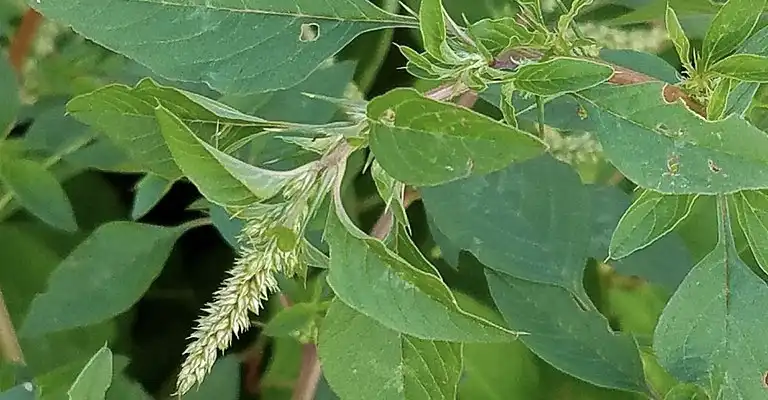
New research is showing how the rise of modern agriculture has turned a North American native plant, common waterhemp, into a problematic agricultural weed.

New research is showing how the rise of modern agriculture has turned a North American native plant, common waterhemp, into a problematic agricultural weed.

For spring ephemerals, timing is everything. These special wildflowers grow in temperate forests around the world, early in spring before the trees leaf out. Come out too early and it’s still winter, too late and it’s too shady under the forest canopy.
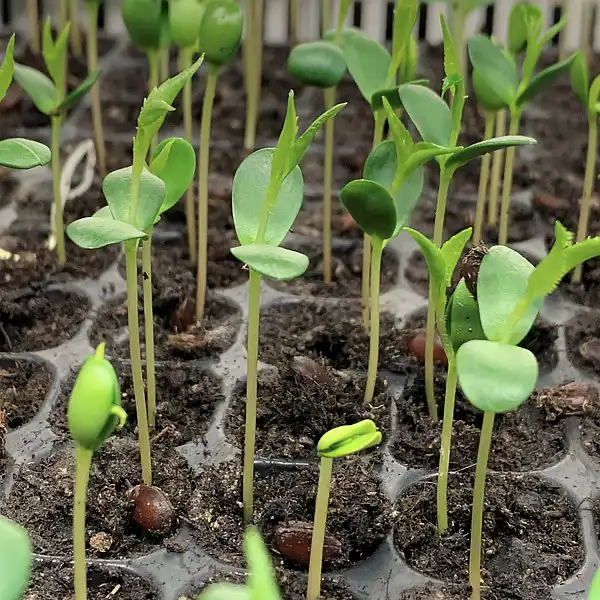
What defines us and other living organisms more strongly: genes or the environment? Only recently, researchers were able to prove experimentally that even microorganisms can be inherited from one plant generation to the next via the seed. In a new article, scientists examine the process of microbial inheritance via the seed in more detail and identify factors that significantly influence the assembly of the plant microbiome. With their basic work, the authors create an important milestone of microbiome research.
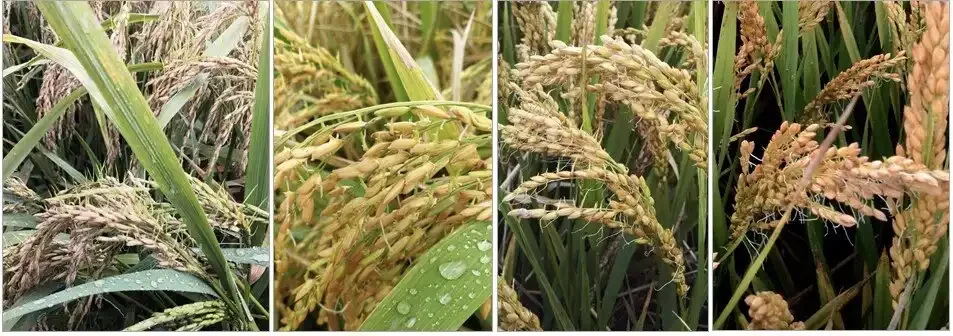
Seed dormancy is an important survival tool for plants since it allows them to weather conditions not conducive to survival. At the same time, excessive dormancy may lessen cultivation time. In response, farmers often plant low dormancy cultivars of rice and wheat in order to achieve a higher, more uniform emergence rate after sowing. Unfortunately, this practice has led to an unwanted worldwide production problem called pre-harvest sprouting, which severely reduces both grain yield and quality.

Global climate change brings increases in precipitation extremes, from severe drought to heavy rainfall events, both expected to become more prevalent through the 21st century. Powerful weather events already impact human environments, with intense fires and flooding, and greatly transform natural ecosystems.
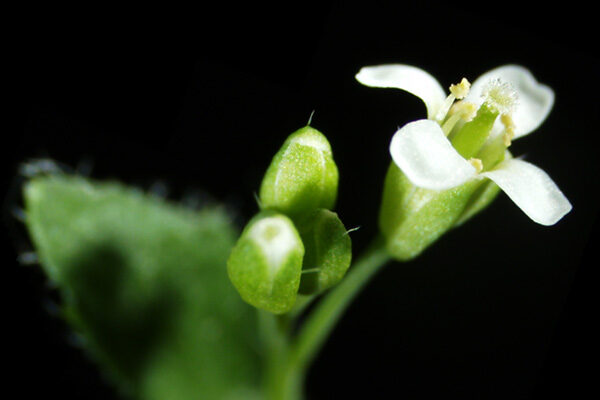
Iron (Fe) is an indispensable micronutrient for plants since it is necessary for many important cellular processes. In order to survive Fe-deficient environments, plants have evolved sophisticated Fe deficiency responses for maintenance of Fe homeostasis. Recent studies have shown that Fe deficiency induces the resistance of plants to several pathogens. However, the molecular mechanism by which Fe deficiency induces the resistance to pathogens is unclear.
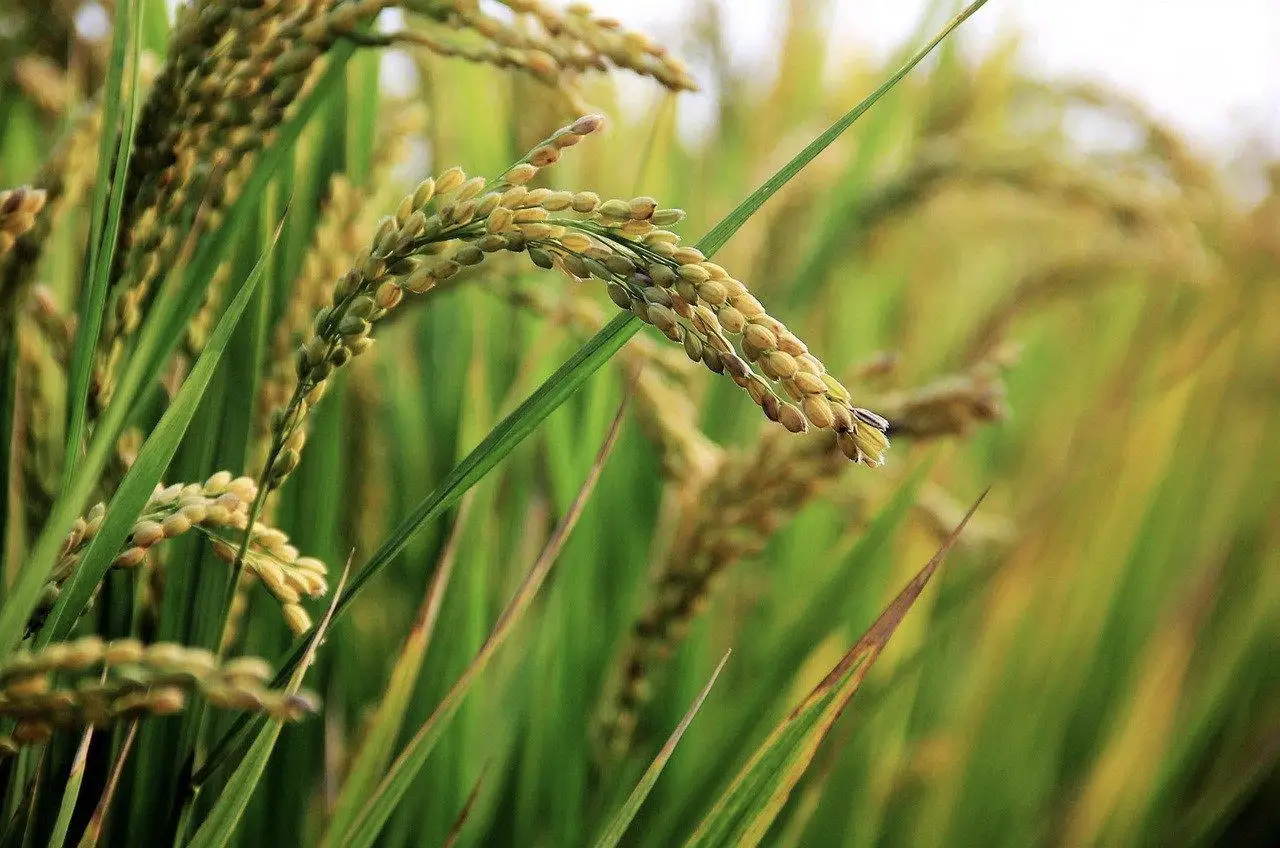
For the first time, farmers in the Philippines have cultivated Golden Rice on a larger scale and harvested almost 70 tonnes of grains this October.
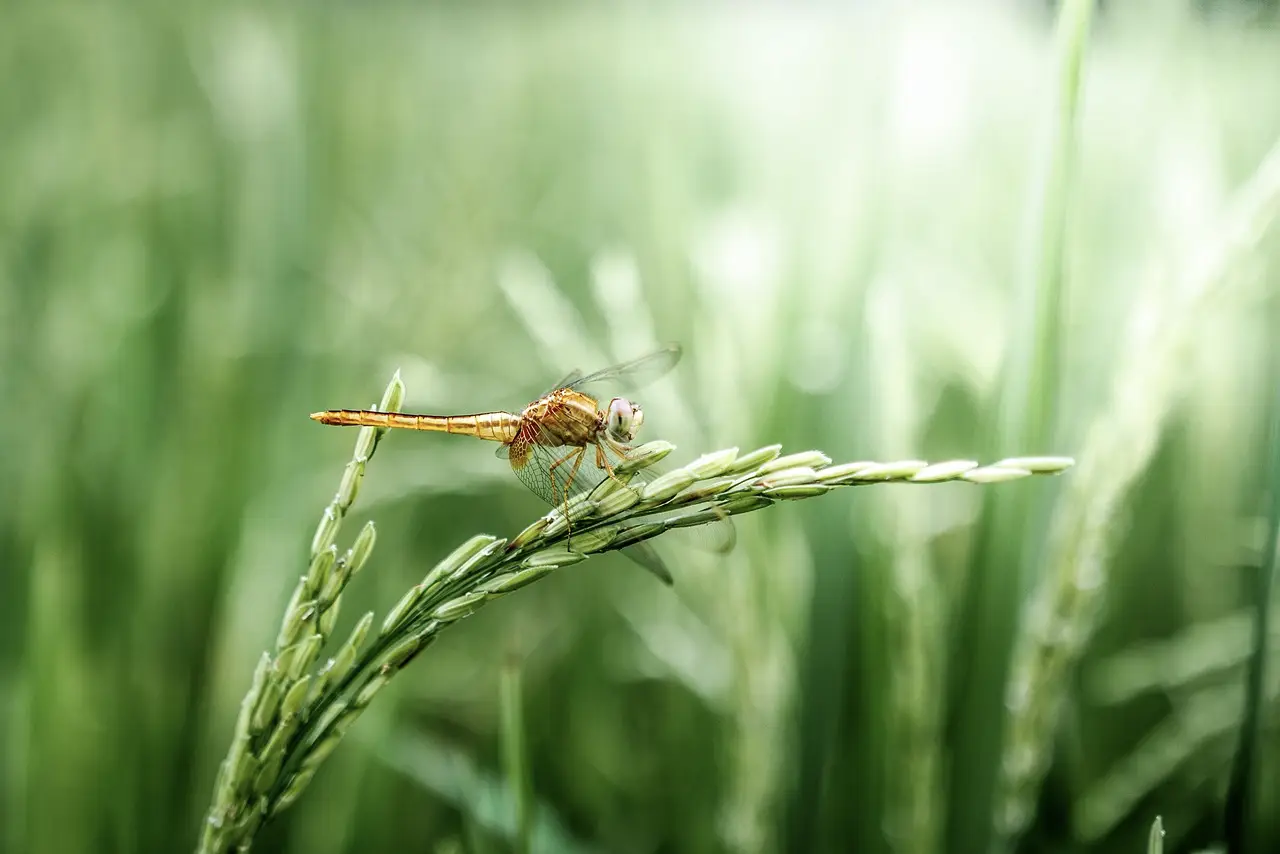
Rice (Oryza sativa L.) is one of the most important crops worldwide, providing much of the calorific needs for half of the global population. Economic development and rising living standards have led to the demand for rice gradually shifting from satisfying the need to “be full” to satisfying the need to “eat well,” and combining flavor with nutrition is essential for the latter. Much research has focused on improving the eating and cooking quality (ECQ) of rice to meet the demand for “tasty.” However, effort to improve comprehensive nutrition in rice remains fragmented.
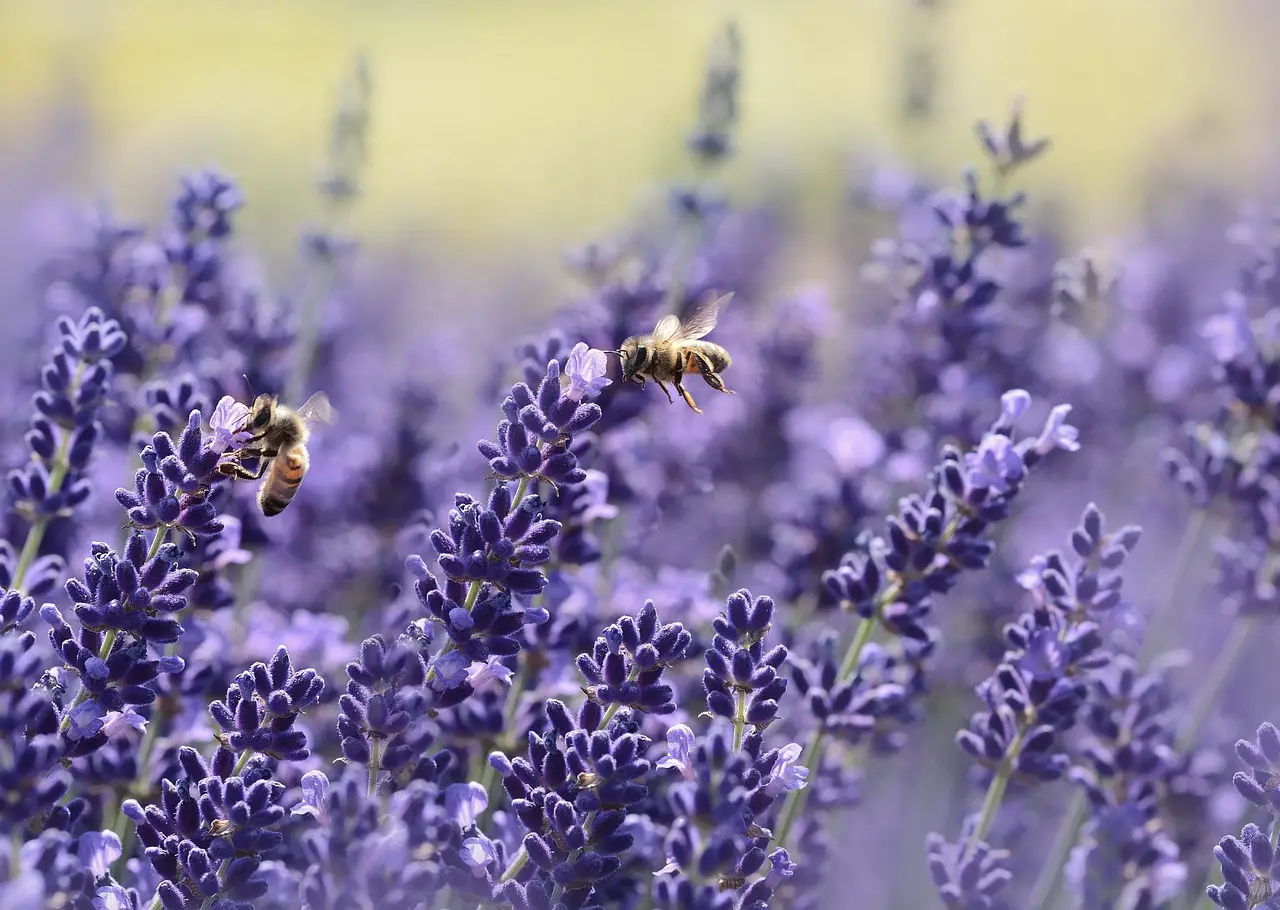
Researchers have shown that plants can regulate the chemistry of their petal surface to create iridescent signals visible to bees.
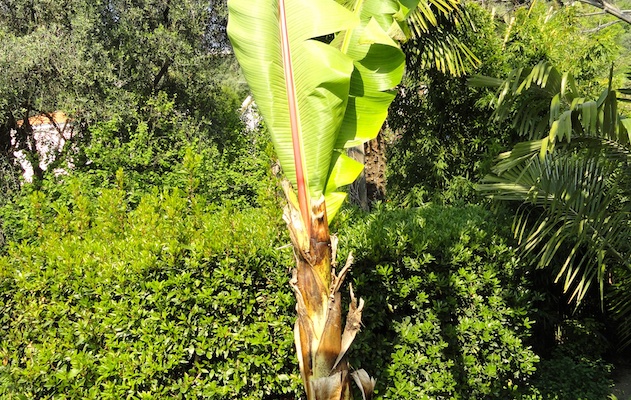
In a new study scientists have found that smallholder farmers in Ethiopia grow more of the indigenous crop Ensete ventricosum in the direct aftermath of severe droughts as a means of bolstering food security.